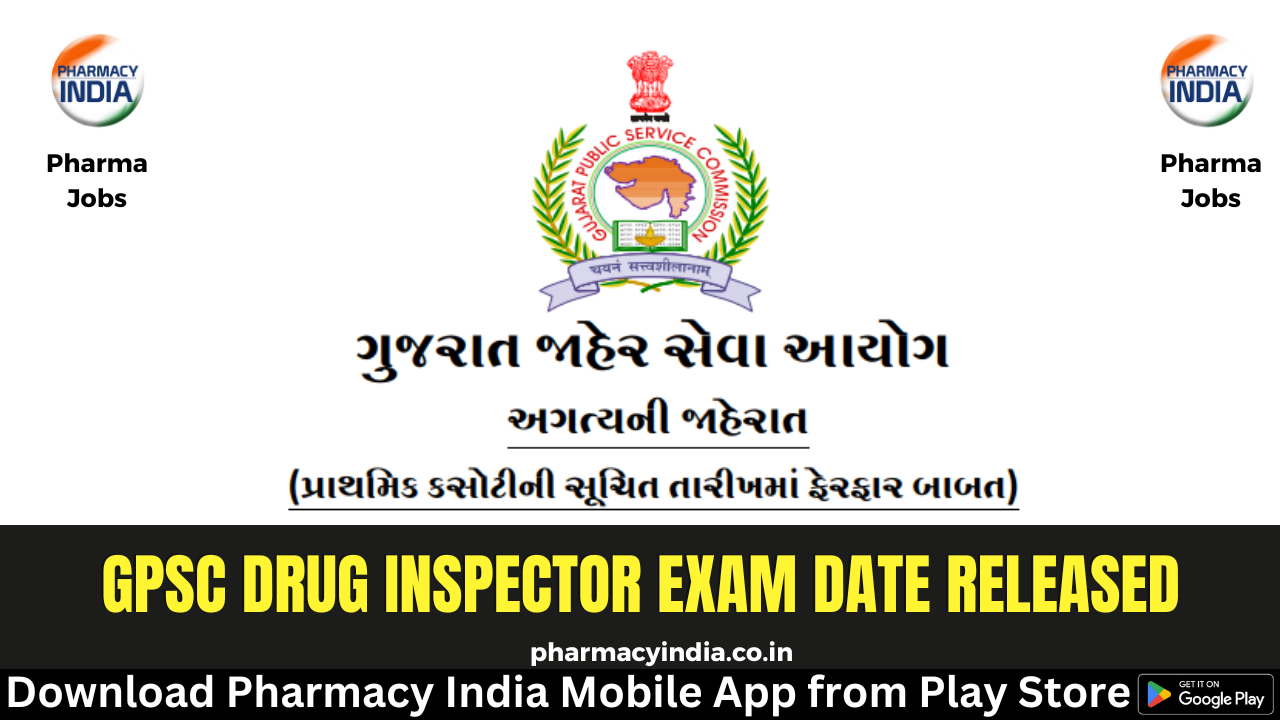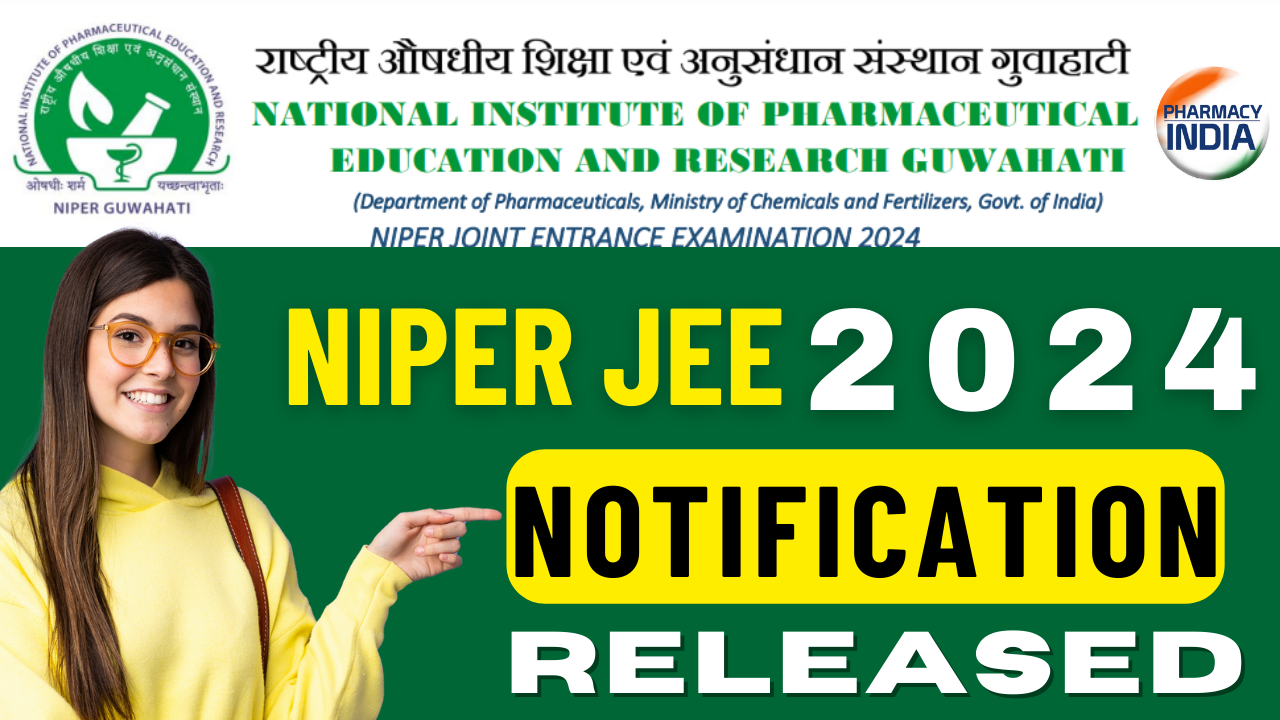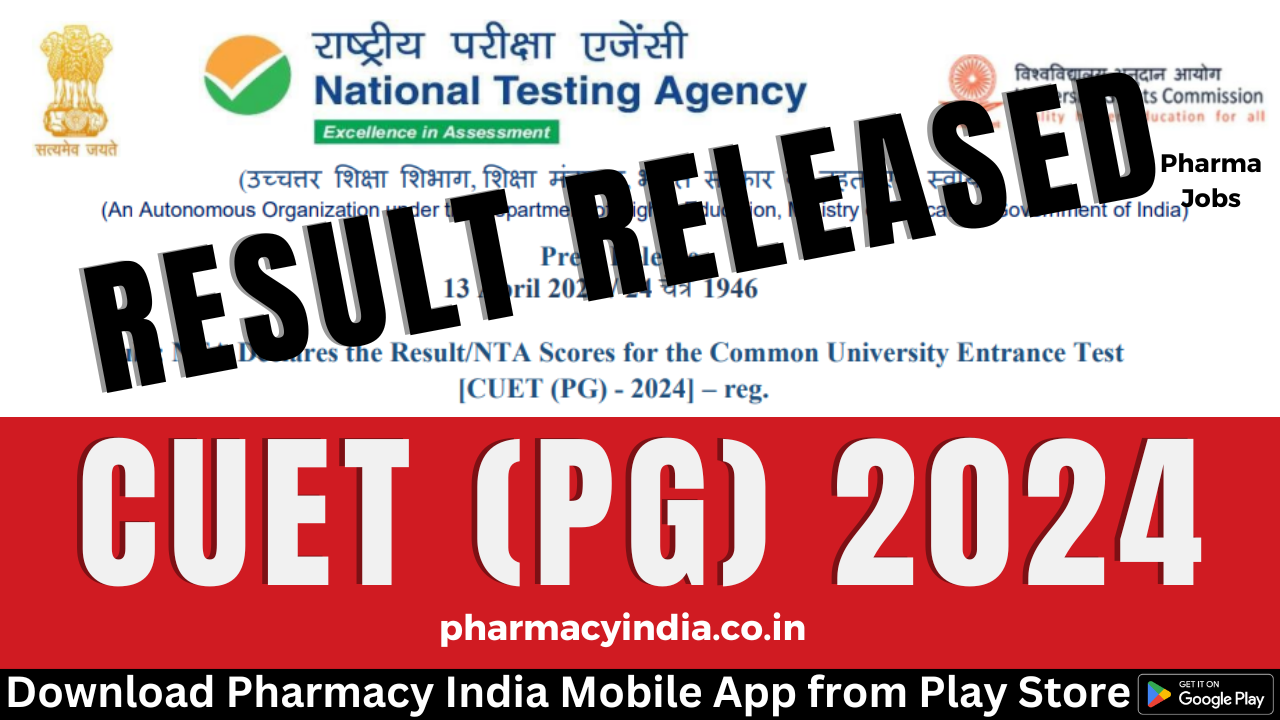Introduction:
In a decisive move to tackle quality issues in pharmaceutical excipients, the Drugs Consultative Committee (DCC) of the Union health ministry has recommended stringent measures. The recent meeting, chaired by Drugs Controller General of India (DCGI) Dr Rajeev Singh Raghuvanshi, emphasized the necessity of adhering to the Drugs and Cosmetics Act for the use of only pharma-grade excipients.

Recommendations and Advisory:
The DCC proposed issuing advisories to State Licensing Authorities (SLAs) to direct manufacturers to use pharma-grade excipients exclusively. To further delve into the matter, a sub-committee is set to be constituted, providing a comprehensive report within three months.
Regulatory Intervention:
Addressing concerns about the quality of pharmaceutical inactive bulks, the DCC is contemplating regulatory interventions. Recent risk-based inspections revealed instances where excipients like glycerin and propylene glycol, imported as industrial grade, were used in drug formulations, posing potential risks to public health.
Global Implications:
International complaints and accusations by the World Health Organization and health ministries in importing countries, including Gambia, have drawn attention to cough syrups manufactured in India, citing unacceptable levels of contaminants. The DCGI has directed against purchasing propylene glycol from specific suppliers, impacting the reputation of Indian manufacturers in export markets.
Adulteration Concerns:
The committee highlighted cases of adulteration, with technical/industrial grade gelatin from China being used in capsule manufacturing. This practice poses health risks, and organizations like Nagrik Upbhokta Margdarshak Manch have reported capsule manufacturers unknowingly using industrial grade gelatin from China in capsules intended for human consumption.
Industrial-Grade Challenges:
Concerns extend to the import of low-cost industrial/technical grade gelatin mainly from China, being blended with high-quality gelatin in India for capsule manufacturing. Similarly, the use of industrial-grade isopropyl alcohol (IPA) in the pharmaceutical industry, imported from various countries, poses dangers to health as it may not meet pharmacopeia standards.
Regulatory Framework:
The DCC emphasized existing rules, highlighting that excipients imported under Dual Use NOCs should strictly be used for non-medicinal purposes. The definition of drugs under the Drugs and Cosmetics Act includes all substances intended for use as components of a drug, emphasizing the need for compliance with GMP and manufacturing licenses.
Conclusion:
The DCC’s proactive measures underscore a commitment to ensuring the safety and quality of pharmaceutical products. Addressing these issues is crucial not only for public health but also for maintaining the reputation of Indian manufacturers in the global pharmaceutical market. Stay tuned for updates on these regulatory developments shaping the pharmaceutical landscape.
<<<<<<<<<<<<<MORE NEWS>>>>>>>>>>>>>>>>
| Empowering Ayurveda: CCRAS Launches ‘Ayurveda Gyan Naipunya Initiative’ (AGNI) to Elevate Evidence-Based Practices | Click Here |
| CDSCO Reveals 5.5% of Drug Samples Not Meeting Standards in October 2023 | Click Here |
| The National Pharmacy Commission Bill 2023: A Closer Look at Education vs. Profession | Click Here |
| Generic Aadhar Expands Its Noble Mission: Adds 111 New Franchise Outlets on Diwali | Click Here |
| Delhi High Court Grants Eight Weeks for Central Government to Frame Policy on Online Sale of Drugs | Click Here |
| Revolutionizing Pharma Safety: Proposed Revised Schedule M Guidelines to Enhance Drug Recall and Pharmacovigilance | Click Here |
| Battle for Pharmacy Autonomy: AIOCD President Vigorously Opposes National Pharmacy Commission Proposal | Click Here |
| Pharmacy Act Transition: Existing Educational Standards Continue Until New Benchmarks Set | Click Here |
| NIPER PhD Scholars Revised Fellowship approved by Department of Pharmaceuticals | Click Here |
| Redwing & Samridh Launches Groundbreaking Drone Network for Healthcare Delivery in Odisha’s Rayagada District | Click Here |
| Unlocking the Sleep-Health Connection: Chronic Sleep Deficiency and Increased Insulin Resistance in Women, Especially Postmenopausal | Click Here |
| National Pharmacy Commission Bill Introduces Pharmacy Advisory Council for Enhanced Regulation | Click Here |
| Health Ministry Unveils Draft National Pharmacy Commission Bill 2023 – What You Need to Know | Click Here |
| The NPPA Sets a Price Cap on Nine Planned Formulations, one of which is a Medication for Brain Cancer | Click Here |
<<<<<<<<<<<<<JOIN US>>>>>>>>>>>>>>>>
| Subscribe our PHARMACY INDIA Youtube Channel for more Pharma Updates | Click Here |
| Follow us on Instagram | Click Here |
| Download PHARMACY INDIA MOBILE APP from Google Play Store | Click Here |
| Follow us on LinkedIn | Click Here |






